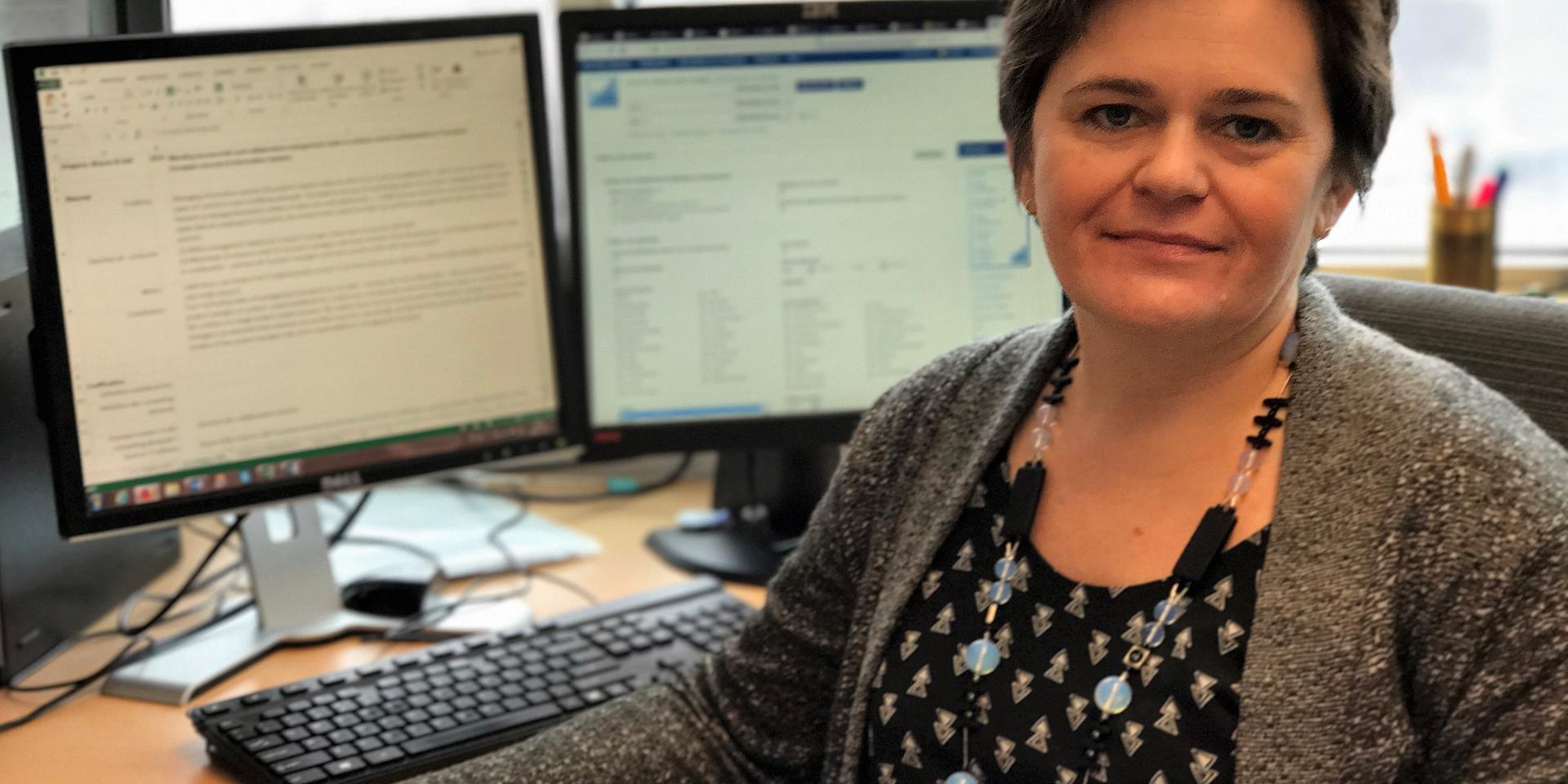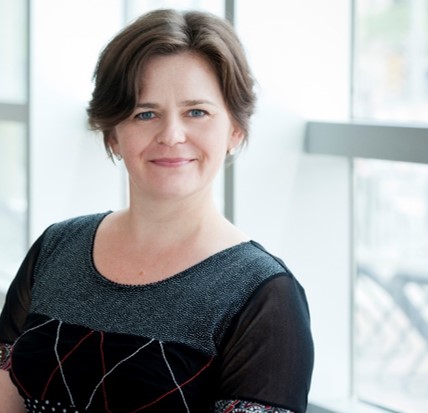Accessibility: How Will It Impact the Development Process of Information Technology?

The Canadian Accessibility Act (S.C. 2019) states that technology must be accessible to all Canadians. Today, this is (very) relatively the case for people who experience physical disabilities because some interfaces provide or allow for optional adaptations. This is not the case for people with cognitive or sensory disabilities, particularly because it is not just the interface that needs to be adapted, but the logic of the application itself that needs to be addressed.
IT professionals are now called upon to quickly remove any element that would prevent people with a physical, intellectual or cognitive disability from fully and equally participating in society. These obstacles can become a barrier for fostering what is referred to as Equity, Diversity, and Inclusion (EDI).
How does this impact the development process of IT? What are the main recommendations in terms of standards and best practices? These are some of the questions that Muriel Mignerat, Associate Professor at the Telfer School of Management, will address in her new research project to better understand the unique features of the IT development process in the context of EDI. For her new project, she has been awarded a Telfer School of Management Research Grant (SMRG).
Who will benefit from this research?
 "I wish to contribute to research in the field of IT by analyzing the development process of information systems from a new angle, that of equity, diversity and inclusion. The development process can be challenged by the diversity of users who need to be accommodated, especially those who experience cognitive and sensory disabilities. I think that many of our IT models will have to be reviewed from this angle, but it seems to me that the development cycle is the most fundamental and pressing issue to address in practice now."
"I wish to contribute to research in the field of IT by analyzing the development process of information systems from a new angle, that of equity, diversity and inclusion. The development process can be challenged by the diversity of users who need to be accommodated, especially those who experience cognitive and sensory disabilities. I think that many of our IT models will have to be reviewed from this angle, but it seems to me that the development cycle is the most fundamental and pressing issue to address in practice now."
-Muriel Mignerat